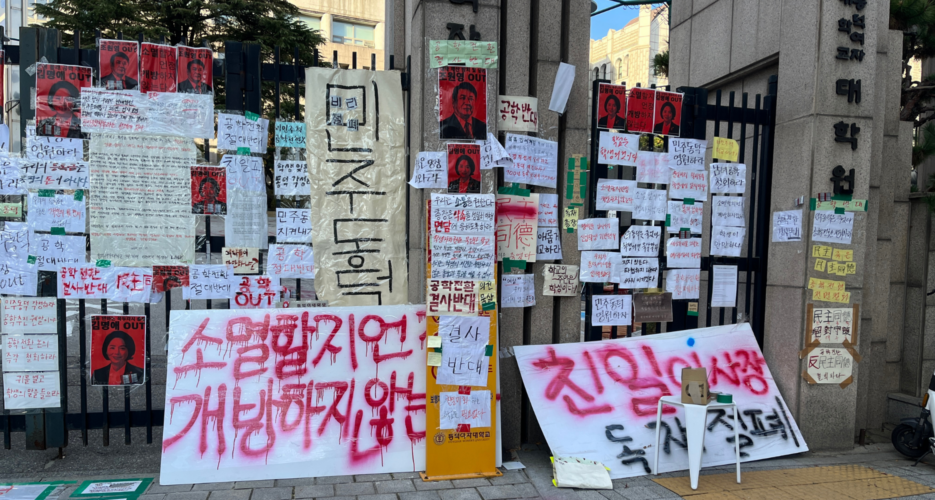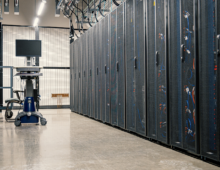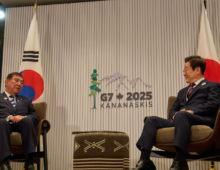Critics argue co-ed transition risks eroding gender equity in higher education, while supporters see it as inevitable
Earlier this month, Dongduk Women’s University became the epicenter of a national debate when over 1,000 students protested against discussions to transition the institution to a co-educational model. At the heart of the unrest is a perceived lack of transparency in decision-making, highlighting tensions between preserving the historical mission of women’s universities and adapting to South Korea’s demographic and financial realities.
This debate is not just about Dongduk. It reflects broader societal issues as supporters of co-education argue for practical and financial viability, while critics warn that such shifts could erode the unique identity of women-only institutions in a society where gender inequality persists.
Earlier this month, Dongduk Women’s University became the epicenter of a national debate when over 1,000 students protested against discussions to transition the institution to a co-educational model. At the heart of the unrest is a perceived lack of transparency in decision-making, highlighting tensions between preserving the historical mission of women’s universities and adapting to South Korea’s demographic and financial realities.
This debate is not just about Dongduk. It reflects broader societal issues as supporters of co-education argue for practical and financial viability, while critics warn that such shifts could erode the unique identity of women-only institutions in a society where gender inequality persists.
Get your
KoreaPro
subscription today!
Unlock article access by becoming a KOREA PRO member today!
Unlock your access
to all our features.
Standard Annual plan includes:
-
Receive full archive access, full suite of newsletter products
-
Month in Review via email and the KOREA PRO website
-
Exclusive invites and priority access to member events
-
One year of access to NK News and NK News podcast
There are three plans available:
Lite, Standard and
Premium.
Explore which would be
the best one for you.
Explore membership options
© Korea Risk Group. All rights reserved.
No part of this content may be reproduced, distributed, or used for
commercial purposes without prior written permission from Korea Risk
Group.












